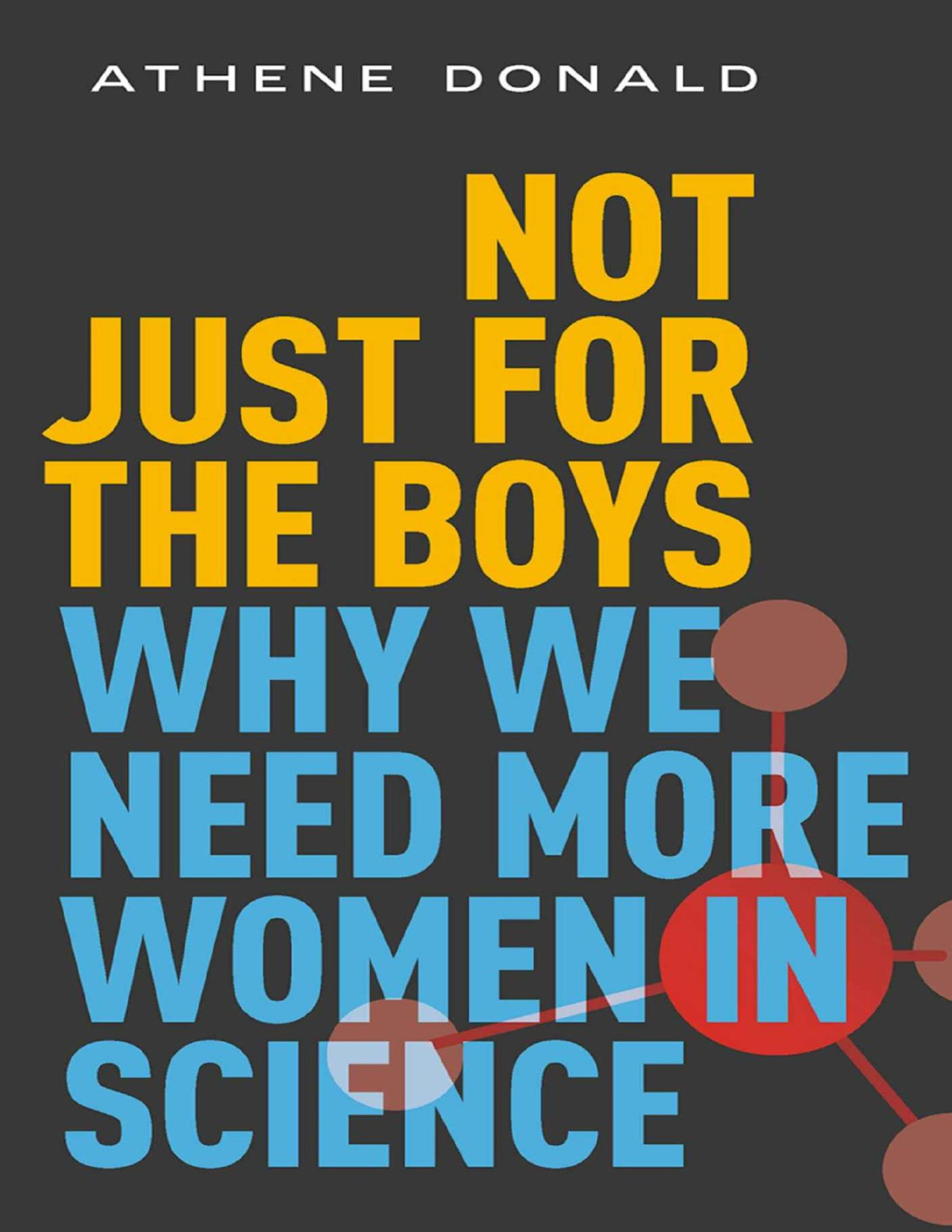

Most ebook files are in PDF format, so you can easily read them using various software such as Foxit Reader or directly on the Google Chrome browser.
Some ebook files are released by publishers in other formats such as .awz, .mobi, .epub, .fb2, etc. You may need to install specific software to read these formats on mobile/PC, such as Calibre.
Please read the tutorial at this link: https://ebookbell.com/faq
We offer FREE conversion to the popular formats you request; however, this may take some time. Therefore, right after payment, please email us, and we will try to provide the service as quickly as possible.
For some exceptional file formats or broken links (if any), please refrain from opening any disputes. Instead, email us first, and we will try to assist within a maximum of 6 hours.
EbookBell Team

5.0
50 reviewsPREFACE
This book is written for anyone who is wondering why, in spite of
decades of effort to promote change, the numbers of women pursuing
careers in the physical sciences and engineering still remain small and the
numbers of women reaching the top of biomedical research are not at all in
proportion to those who start out. Despite barriers appearing to have been
removed, less visible hurdles remain to trip up many women.
Some of the answers to these questions are subtle, but many are not.
Somehow society is still stuck in a time warp, where women are expected
not to get their hands dirty on a construction site or labouring at a lab
bench. This view appears to continue to hold, despite many recent examples
of women making a difference, something particularly noticeable during the
Covid-19 pandemic, where the role of women in developing vaccines and
contributing to public health has been so prominent. Such views of what
women can and should do are outdated and need to change, if society is to
benefit from all they have to offer in the scientific domain.
We may have progressed beyond the 19th century belief that tackling
complex mathematics would damage a woman’s reproductive system, and
the mid-20th century view leading to a Princeton graduate remarking, as the
long-established institution considered admitting women, Keep the Damned
Women Out.
1 Yet the repercussions of this history can still be felt across the
so-called STEM (Science, Technology, Engineering, and Mathematics)2
subjects, where women remain in a very noticeable minority.